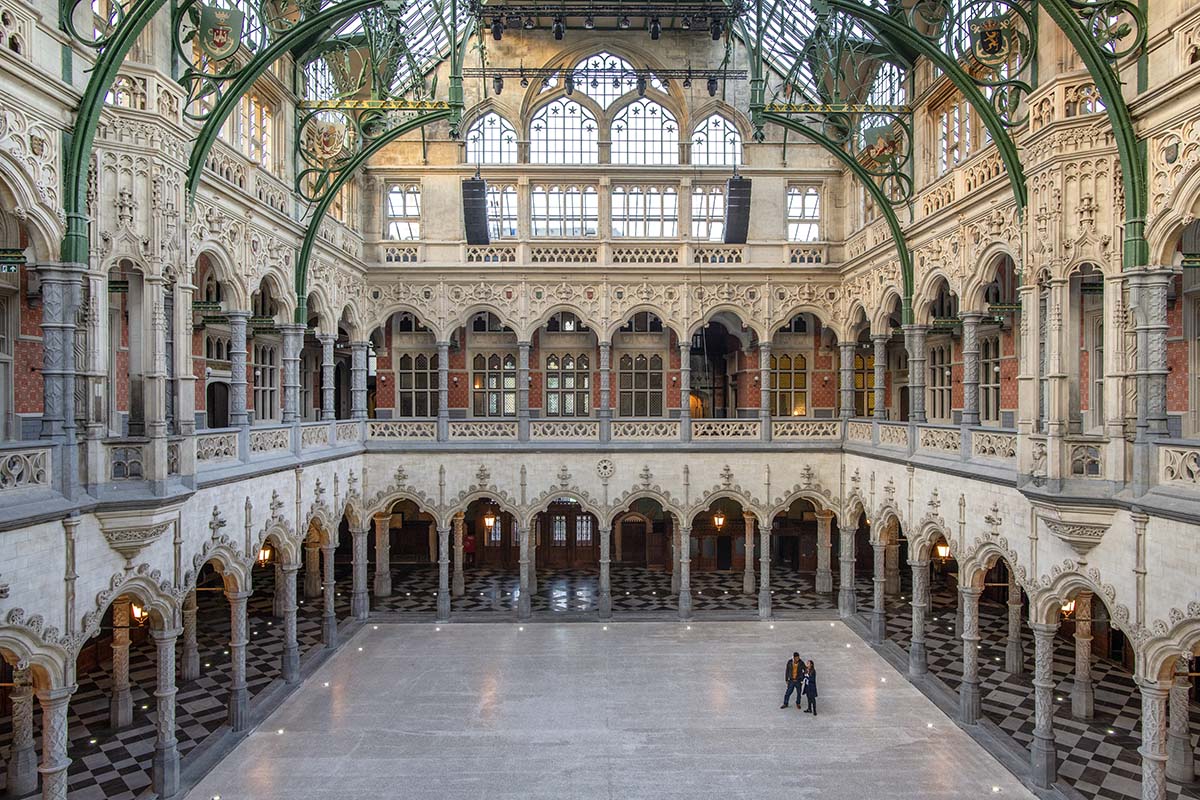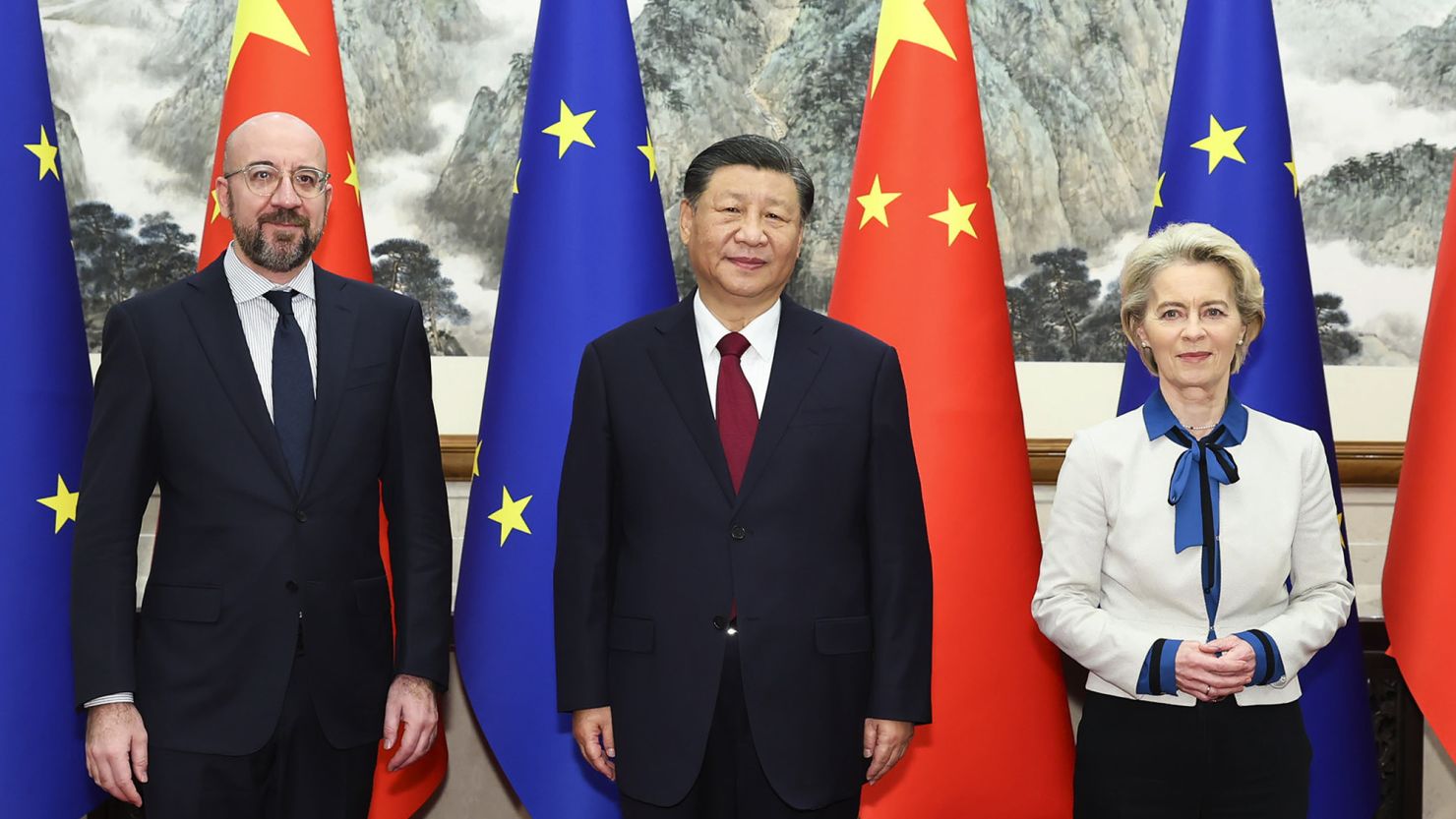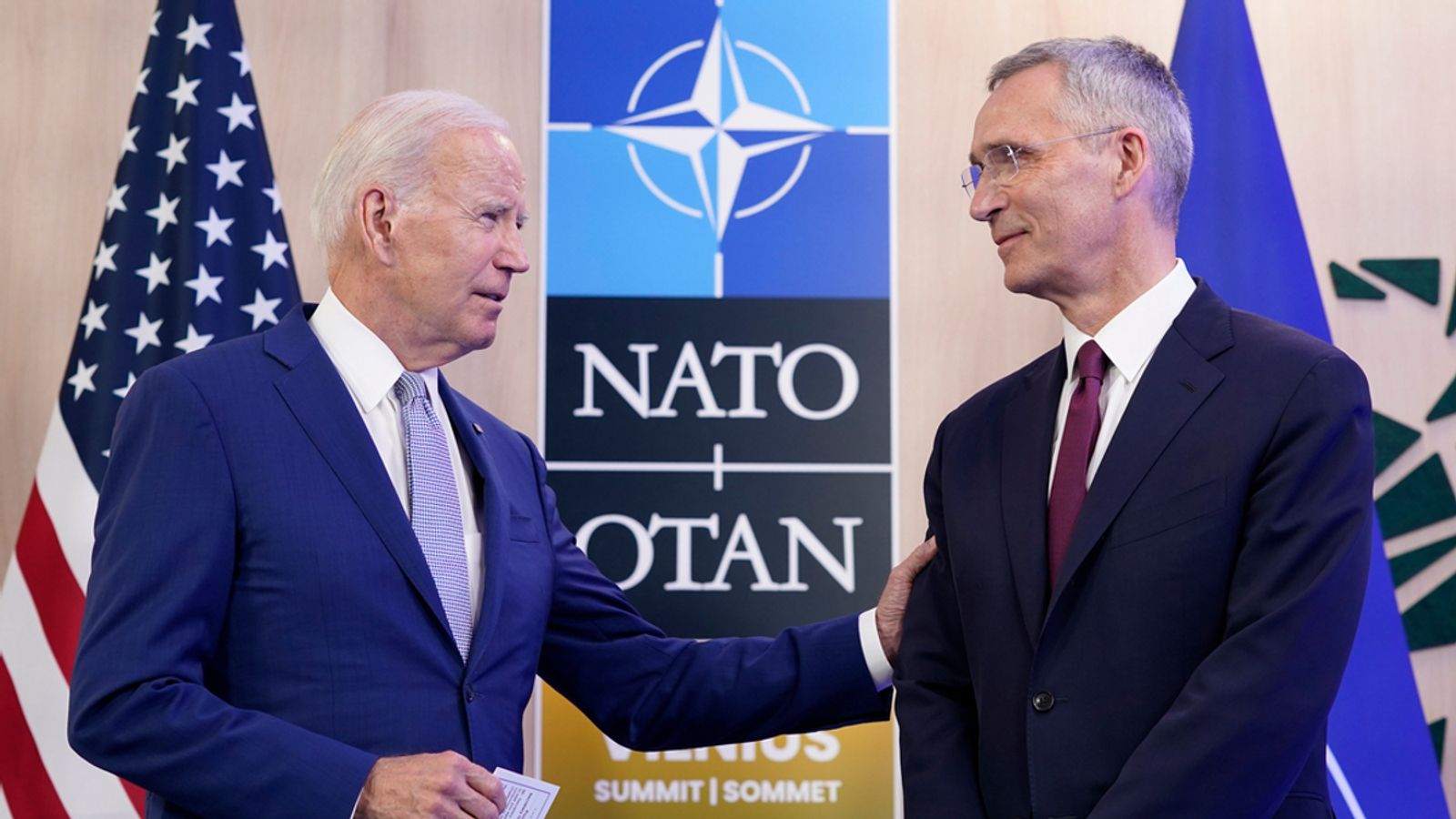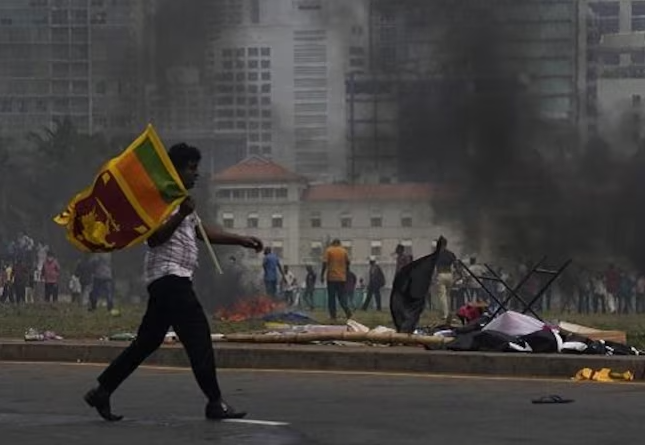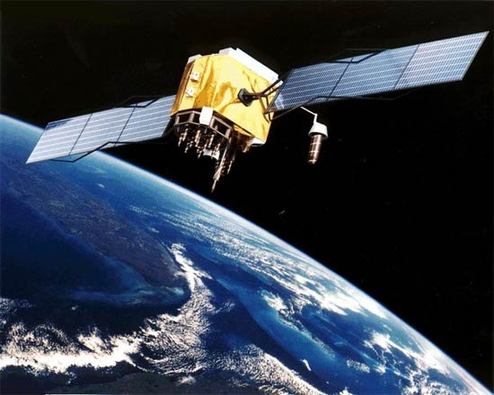Quiet, Giant Steps with Australia and India
The India-Australia bilateral is one of the most promising new partnerships within India’s circle of trusted countries. It is multi-dimensional and modern, ranging from enhanced people-to-people ties, to deepening government engagement, to futuristic technology and digital services. The free trade agreement can be a model for others seeking similar ties with India.





